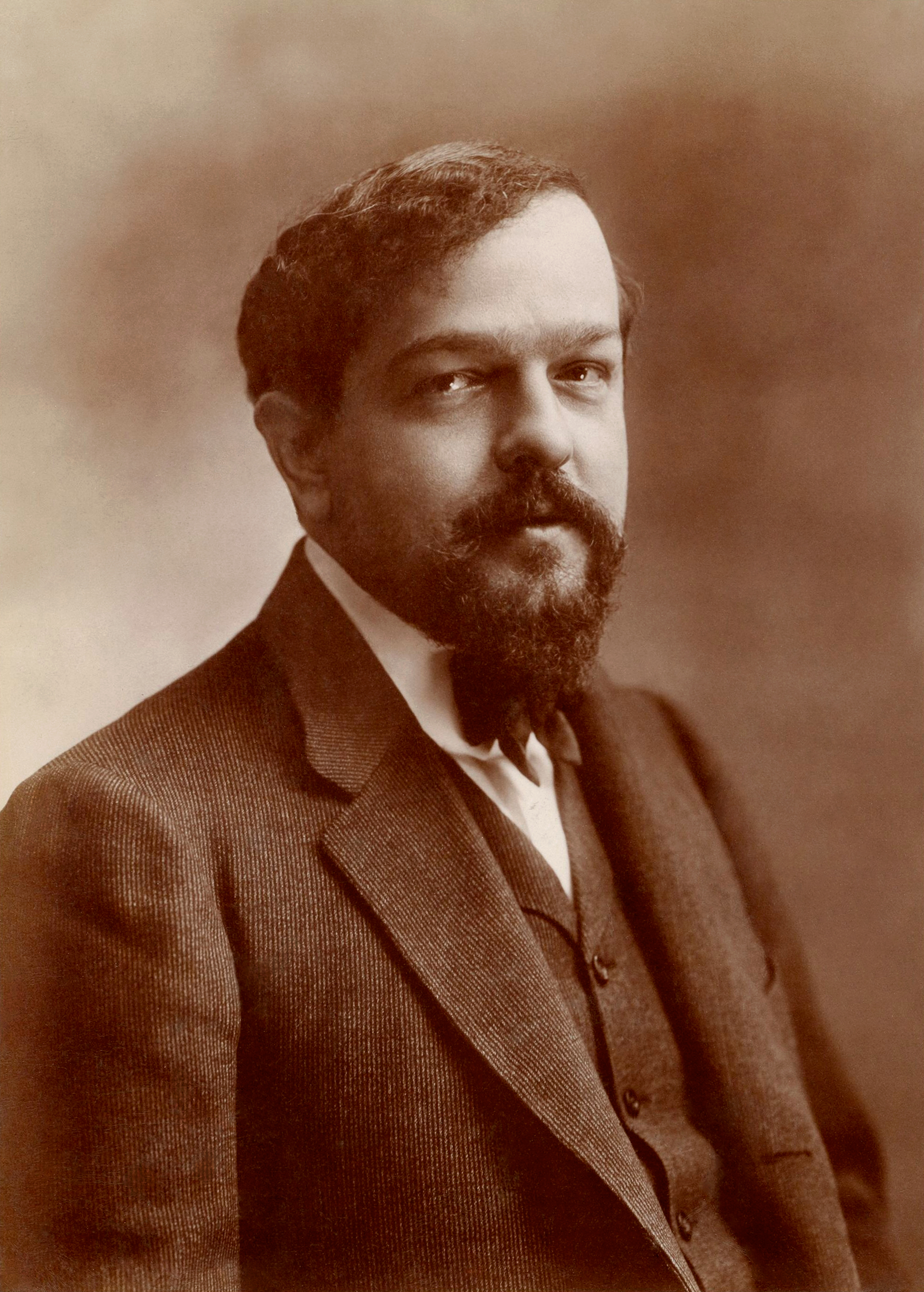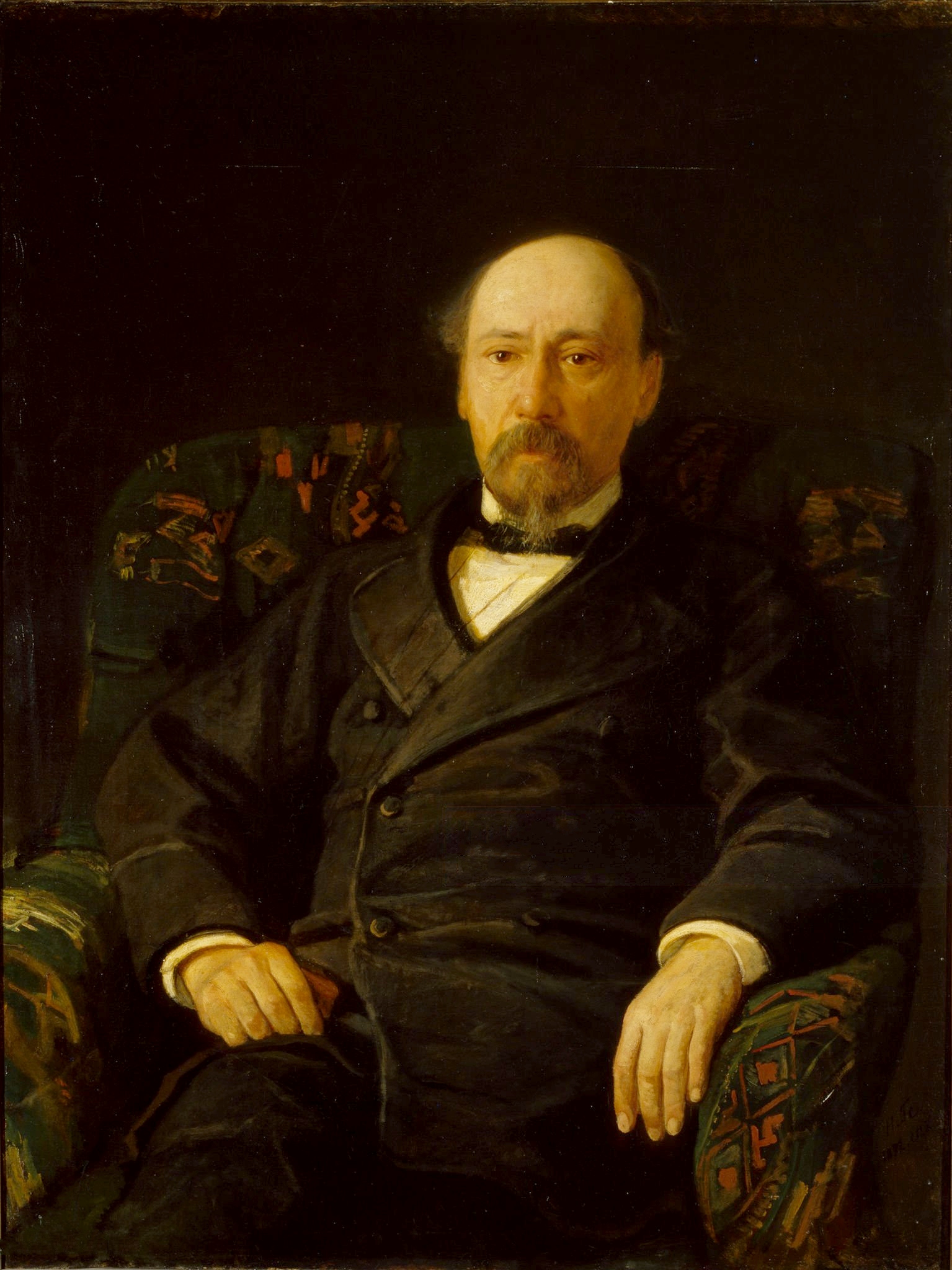|
César Muñoz Arconada
César Muñoz Arconada (5 December 1898 – 10 March 1964), who signed his work as César M. Arconada, was a Spanish writer, poet, journalist and translator. Early life Arconada's father was a journalist and a post official. From January 1920 to March 1923, he often collaborated in Diario Palentino, and from 1923 in Alfar de Coruña. Arconada became a critic of music and cinema and wrote poetry alongside, where he already leaned towards social concerns, more frequent in his future writing.Soguero García, Francisco: «Entre las sombras: César M. Arconada y la crítica cinematográfica», en Mechthild Albert (ed): Vanguardia española e intermedialidad. Artes escénicas, cine y radio, Madrid/Frankfurt am Main, Iberoamericana/Vervuert, 2005, p. 457-477 He became editor-in-chief of the magazine ''La Gaceta Literaria'' in 1927, the main medium of the Generation of '27, where his collaboration (until January 1931) was frequent and outstanding. Second Republic In 1931 he joined t ... [...More Info...] [...Related Items...] OR: [Wikipedia] [Google] [Baidu] |
La Gaceta Literaria
''La Gaceta Literaria'' () was a bimonthly avant-garde literary, arts and science magazine which appeared in Madrid, Spain, between 1927 and 1932. It is known for its leading contributors and editorial board members. History and profile ''La Gaceta Literaria'' was started as a bimonthly publication in Madrid in 1927. Its founder and editor was Ernesto Giménez Caballero. Guillermo de Torre was the secretary of the editorial board, but left the magazine in August 1927 when he settled in Argentina. His successor was César Muñoz Arconada who assumed the post in 1929. ''La Gaceta Literaria'' was open to all approaches in arts and had no a clear political stance at its start. However, from 1930 the magazine was redesigned in terms of its physical qualities becoming much smaller in size and its ideological stance adopting a clear Fascist stance. The same year it opened a debate on the meaning of avant-garde through a survey questionnaire asking its readers to answer the question ... [...More Info...] [...Related Items...] OR: [Wikipedia] [Google] [Baidu] |
Alexander Pushkin
Alexander Sergeyevich Pushkin () was a Russian poet, playwright, and novelist of the Romantic era.Basker, Michael. Pushkin and Romanticism. In Ferber, Michael, ed., ''A Companion to European Romanticism''. Oxford: Blackwell, 2005. He is considered by many to be the greatest Russian poet,Short biography from University of Virginia . Retrieved 24 November 2006.Allan Reid, "Russia's Greatest Poet/Scoundrel" Retrieved 2 September 2006. as well as the founder of modern Russian literature [...More Info...] [...Related Items...] OR: [Wikipedia] [Google] [Baidu] |
1964 Deaths
Events January * January 1 – The Federation of Rhodesia and Nyasaland is dissolved. * January 5 – In the first meeting between leaders of the Roman Catholic and Orthodox churches since the fifteenth century, Pope Paul VI and Patriarch Athenagoras I of Constantinople meet in Jerusalem. * January 6 – A British firm, the Leyland Motor Corp., announces the sale of 450 buses to the Cuban government, challenging the United States blockade of Cuba. * January 9 – ''Martyrs' Day (Panama), Martyrs' Day'': Armed clashes between United States troops and Panamanian civilians in the Panama Canal Zone precipitate a major international crisis, resulting in the deaths of 21 Panamanians and 4 U.S. soldiers. * January 11 – United States Surgeon General Luther Terry reports that smoking may be hazardous to one's health (the first such statement from the U.S. government). * January 22 – Kenneth Kaunda is inaugurated as the first Prime Minister of Northern Rhodesia. * January ... [...More Info...] [...Related Items...] OR: [Wikipedia] [Google] [Baidu] |
1898 Births
Events January * January 1 – New York City annexes land from surrounding counties, creating the City of Greater New York as the world's second largest. The city is geographically divided into five boroughs: Manhattan, Brooklyn, Queens, The Bronx and Staten Island. * January 13 – Novelist Émile Zola's open letter to the President of the French Republic on the Dreyfus affair, , is published on the front page of the Paris daily newspaper , accusing the government of wrongfully imprisoning Alfred Dreyfus and of antisemitism. February * February 12 – The automobile belonging to Henry Lindfield of Brighton rolls out of control down a hill in Purley, London, England, and hits a tree; thus he becomes the world's first fatality from an automobile accident on a public highway. * February 15 – Spanish–American War: The explodes and sinks in Havana Harbor, Cuba, for reasons never fully established, killing 266 men. The event precipitates the United States' ... [...More Info...] [...Related Items...] OR: [Wikipedia] [Google] [Baidu] |
Debussy
Achille Claude Debussy (; 22 August 1862 – 25 March 1918) was a French composer. He is sometimes seen as the first Impressionism in music, Impressionist composer, although he vigorously rejected the term. He was among the most influential composers of the late 19th and early 20th centuries. Born to a family of modest means and little cultural involvement, Debussy showed enough musical talent to be admitted at the age of ten to France's leading music college, the Conservatoire de Paris. He originally studied the piano, but found his vocation in innovative composition, despite the disapproval of the Conservatoire's conservative professors. He took many years to develop his mature style, and was nearly 40 when he achieved international fame in 1902 with the only opera he completed, ''Pelléas et Mélisande (opera), Pelléas et Mélisande''. Debussy's orchestral works include ''Prélude à l'après-midi d'un faune'' (1894), ''Nocturnes (Debussy), Nocturnes'' (1897–1899 ... [...More Info...] [...Related Items...] OR: [Wikipedia] [Google] [Baidu] |
Nikolay Nekrasov
Nikolay Alexeyevich Nekrasov ( rus, Никола́й Алексе́евич Некра́сов, p=nʲɪkɐˈlaj ɐlʲɪkˈsʲejɪvʲɪtɕ nʲɪˈkrasəf, a=Ru-Nikolay_Alexeyevich_Nekrasov.ogg, – ) was a Russian poet, writer, critic and publisher, whose deeply compassionate poems about the Russian peasantry made him a hero of liberal and radical circles in the Russian intelligentsia of the mid-nineteenth century, particularly as represented by Vissarion Belinsky and Nikolay Chernyshevsky. He is credited with introducing into Russian poetry ternary meters and the technique of dramatic monologue (''On the Road'', 1845). As the editor of several literary journals, notably '' Sovremennik'', Nekrasov was also singularly successful and influential. Biography Early years Nikolay Alexeyevich Nekrasov was born in Nemyriv (now in Vinnytsia Oblast, Ukraine), in the Bratslavsky Uyezd of Podolia Governorate. His father Alexey Sergeyevich Nekrasov (1788–1862) was a descendant from ... [...More Info...] [...Related Items...] OR: [Wikipedia] [Google] [Baidu] |
Konstantin Fedin
Konstantin Aleksandrovich Fedin ( rus, Константи́н Алекса́ндрович Фе́дин, p=kənstɐnʲˈtʲin ɐlʲɪkˈsandrəvʲɪtɕ ˈfʲedʲɪn, a=Konstantin Alyeksandrovich Fyedin.ru.vorb.oga; – 15 July 1977) was a Soviet and Russian novelist and literary functionary. Biography Born in Saratov, Fedin studied in Moscow and Germany and was interned there during World War I. After his release, he worked as an interpreter in the first Soviet embassy in Berlin. On returning to Russia, he joined the Bolsheviks and served in the Red Army. After leaving the Party in 1921, he joined the literary group called the Serapion Brothers, who supported the Revolution, but wanted freedom for literature and the arts. His first story, "The Orchard", was published in 1922, as was his play ''Bakunin v Drezdene'' (Bakunin in Dresden). His first two novels were ''Goroda i gody'' (1924; tr. as ''Cities and Years'', 1962, "one of the first major novels in Soviet literature") a ... [...More Info...] [...Related Items...] OR: [Wikipedia] [Google] [Baidu] |
Generation Of '27
The Generation of '27 () was an influential group of poets that arose in Spain, Spanish literary circles between 1923 and 1927, essentially out of a shared desire to experience and work with avant-garde forms of art and poetry. Their first formal meeting took place in Seville in 1927 to mark the 300th anniversary of the death of the baroque poet Luis de Góngora. Writers and intellectuals paid homage at the ''Ateneo de Sevilla'', which retrospectively became the foundational act of the movement. Terminology The Generation of '27 has also been called, with lesser success, "Generation of the Dictatorship", "Generation of the Republic", "Generation Guillén-Lorca" (Guillén being its oldest author and Lorca its youngest), "Generation of 1925" (average publishing date of the first book of each author), "Generation of Avant-Gardes", "Generation of Friendship", etc. According to Petersen, "generation group" or a "constellation" are better terms which are not so much historically rest ... [...More Info...] [...Related Items...] OR: [Wikipedia] [Google] [Baidu] |




